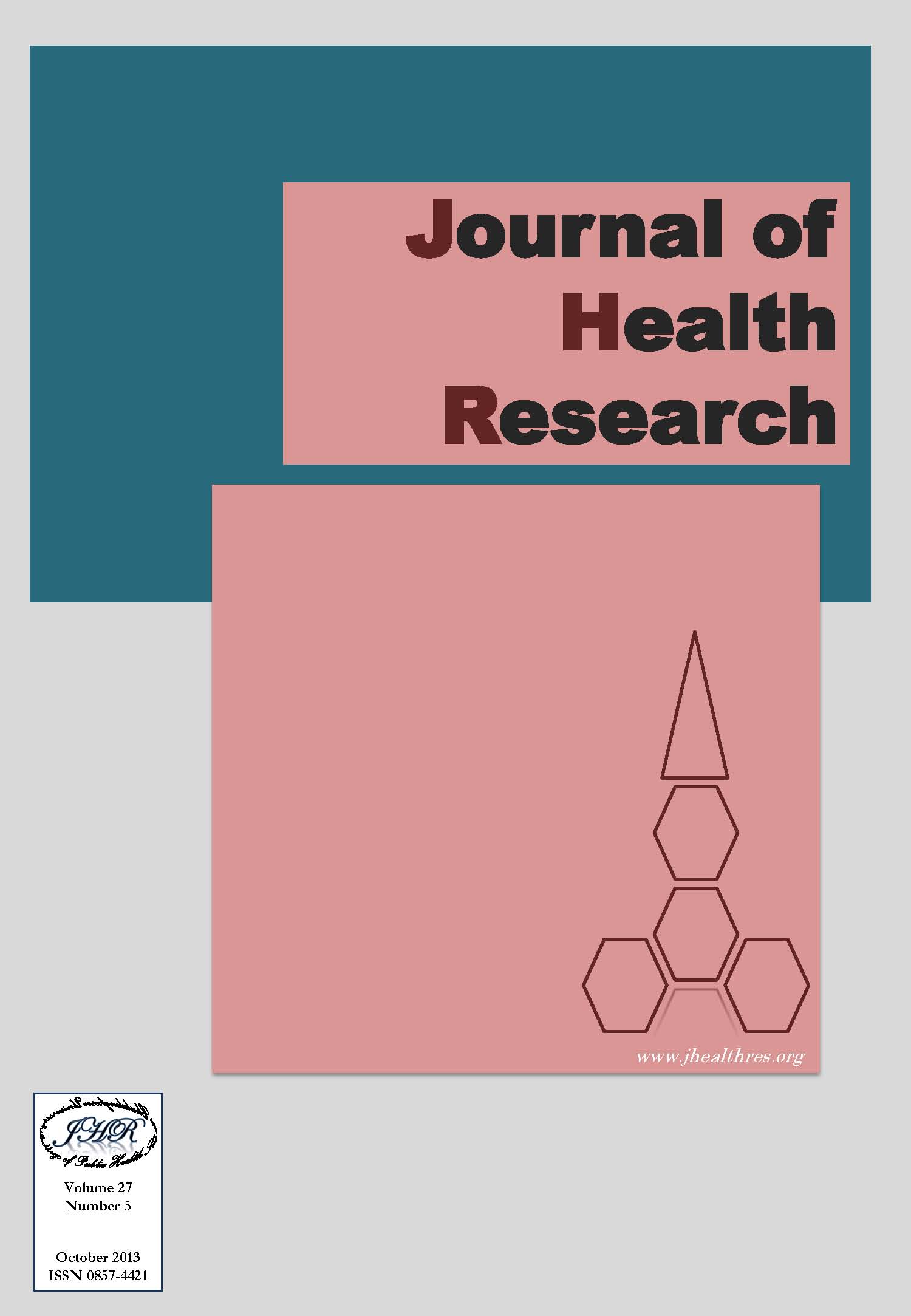An Effective Method for the Identification of Stem Adulteration in Bencha-Loga-Wichian, a Thai Traditional Preparation
Keywords:
antipyretics, chemical fingerprint, pharmacognosy, microscopy, quality controlAbstract
Bencha-Loga-Wichian (BLW) is an official traditional Thai preparation for the treatment of fever that consists of five roots: Capparis micracantha, Clerodendrum petasites, Ficus racemosa, Harrisonia perforata, and Tiliacora triandra. Although the roots are recommended, the crude drugs sold in traditional drug stores are adulterated with stems, which might affect their efficacy and safety. Thus, the study aimed to establish a method for identifying stem adulteration in BLW using macroscopic, microscopic and TLC techniques. Adulterated stems of some crude drugs were easily identified by using only morphological characteristics; Capparis micracantha stems had grayish-brown, cracked and fissured bark while the root bark was light brown with longitudinal wrinkles, Clerodendrum petasites stems were hollow whereas the roots were solid, Harrisonia perforata stems had thorn-scarred bark and area of pith which were absent in the roots. We recommended anatomical characters for determining crude drugs of Tiliacora triandra. The stems had broad vascular bundles with narrow medullary rays in contrast with the roots. Stems and roots of Ficus racemosa were quite similar in morphology and anatomy, and needed TLC for identification. The established solvent system was dichloromethane: ethyl acetate: acetic acid (90:6:2), examined under UV 366 nm. The stem extracts of five plants and BLW demonstrated a fluorescent blue-green band at hRf of 38, which absented in the root extracts. These techniques were applied to determine the stem adulteration in commercial BLW products from five traditional drug stores and three hospitals. The results showed that most of investigated samples, crude drugs and capsules, were adulterated with stem.






